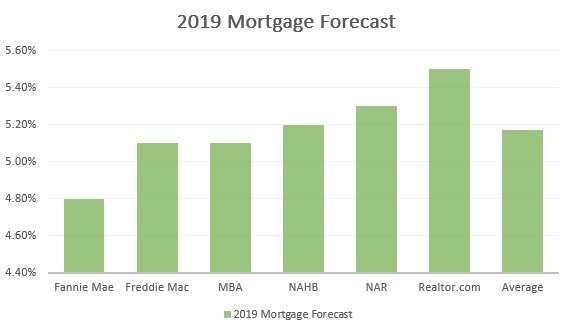Your credit score is one of the “Big 3” taken into consideration by lenders when deciding if they will approve you for a home loan. Out of the Big 3 (credit, collateral, capacity), it is fear of credit scores that can be the cause behind many employees putting off or avoiding homeownership. Don’t let credit be the challenge that obstructs your dream of owning a home. Having a good credit score could save you big when you purchase your new home, and its never too early to start preparing.
Follow the tips below to help build up your creditworthiness.
1. Start TODAY
It’s never too early to start working on your credit. Even if you’re on the fence about buying a home, start now. Good credit can help you in numerous ways beyond qualifying for a home, so why wait? If there are issues on your credit report that need to be dealt with, it’s better to know about them sooner rather than later. Your employee home ownership benefits advisor can help you create a plan to get your credit scores in shape, but it could take time.
2. Monitor your credit profile
While everyone should be monitoring their credit profile, its especially important when you are getting in shape for a home purchase. Annualcreditreport.com will give you a free annual report and there are several resources online to help you manage your score and alert you to any changes with your profile.
3. Reduce your debts
In addition to your credit scores, mortgage companies will also review your debt-to-income ratio when evaluating your ability to repay your loan. Take inventory of what you owe and put together a budget plan to reduce the balances as much as possible in a reasonable amount of time. Set goals, be disciplined and hold yourself accountable. When it comes to credit card debt, try to get your total balance on each account below 30% of your limit. For example, if your total credit limit on a card is $1,000, get your total balance below $300.
4. Keep on top of your due dates
Late payments will negatively impact your credit score. Write out your bills and their due dates. Set reminders to ensure you’re able to pay each one on time.
5. Avoid inquires
A credit inquiry is a notification left on your credit report that indicates you’re actively trying to get credit, which can reduce your credit score. Examples are applying for a credit card, a consumer loan, an auto loan and most other forms of credit. Its important to limit your credit applications when working to increase your scores.
6. Avoid big purchases
Once you have reduced your debts, keep it that way. It’ll be important to avoid any big purchases on your credit as increased debt can negatively impact your credit scores.
Financial diligence is a skill that will well serve you before, during, and far beyond the home buying process. Be sure to talk with your employee home ownership benefits advisor with any credit questions, or for help getting your credit ready before buying a home.
-jpg.jpeg?width=202&name=2021%20Logo%20AHP-2A%20Color%20(002)-jpg.jpeg)










